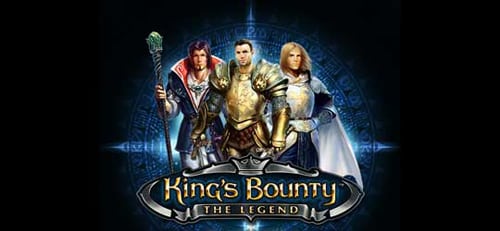

KHEIRON (by Philyre) (Eumelus Titanomachia Frag 6, Apollodorus 1.8, Apollonius Rhodius 2.1231, Hyginus Fabulae 13, Ovid Metamorphoses 6.126 & 7.352, Virgil Georgics 3.92 & 3.549, Pliny Natural History 7.197)

HESTIA, DEMETER, HERA, HAIDES, POSEIDON, ZEUS (by Rhea) (Homer Iliad 15.187, Hesiod Theogony 453, Apollodorus 1.4, Diodorus Siculus 5.68.1, et al) AITHER (or OURANOS) & GAIA (Hyginus Preface) OFFSPRING OURANOS & GAIA (Hesiod Theogony 116, Aeschylus Prometheus 200, Simonides Frag 511, Apollodorus 1.1, Diodorus Siculus 5.65.1, Cicero De Natura Deorum 3.17) Kronos was essentially the same as Khronos (Chronos), the primordial god of time in the Orphic Theogonies. Many human generations later, Zeus released Kronos and his brothers from their prison, and made the old Titan king of the Elysian Islands, home of the blessed dead. The god grew up, forced Kronos to disgorge his swallowed offspring, and led the Olympians in a ten year war against the Titanes (Titans), driving them in defeat into the pit of Tartaros (Tartarus). Rhea managed to save the youngest, Zeus, by hiding him away on the island of Krete (Crete), and fed Kronos a stone wrapped in swaddling clothes. In fear of a prophecy that he would in turn be overthrown by his own son, Kronos swallowed each of his children as they were born. He ruled the cosmos during the Golden Age after castrating and deposing his father Ouranos (Uranus, Sky). KRONOS (Cronus) was the King of the Titanes and the god of time, in particular time when viewed as a destructive, all-devouring force. Time ( khronos) Cronus and the Omphalos stone, Athenian red-figure pelike C5th B.C., Metropolitan Museum of Art


 0 kommentar(er)
0 kommentar(er)
